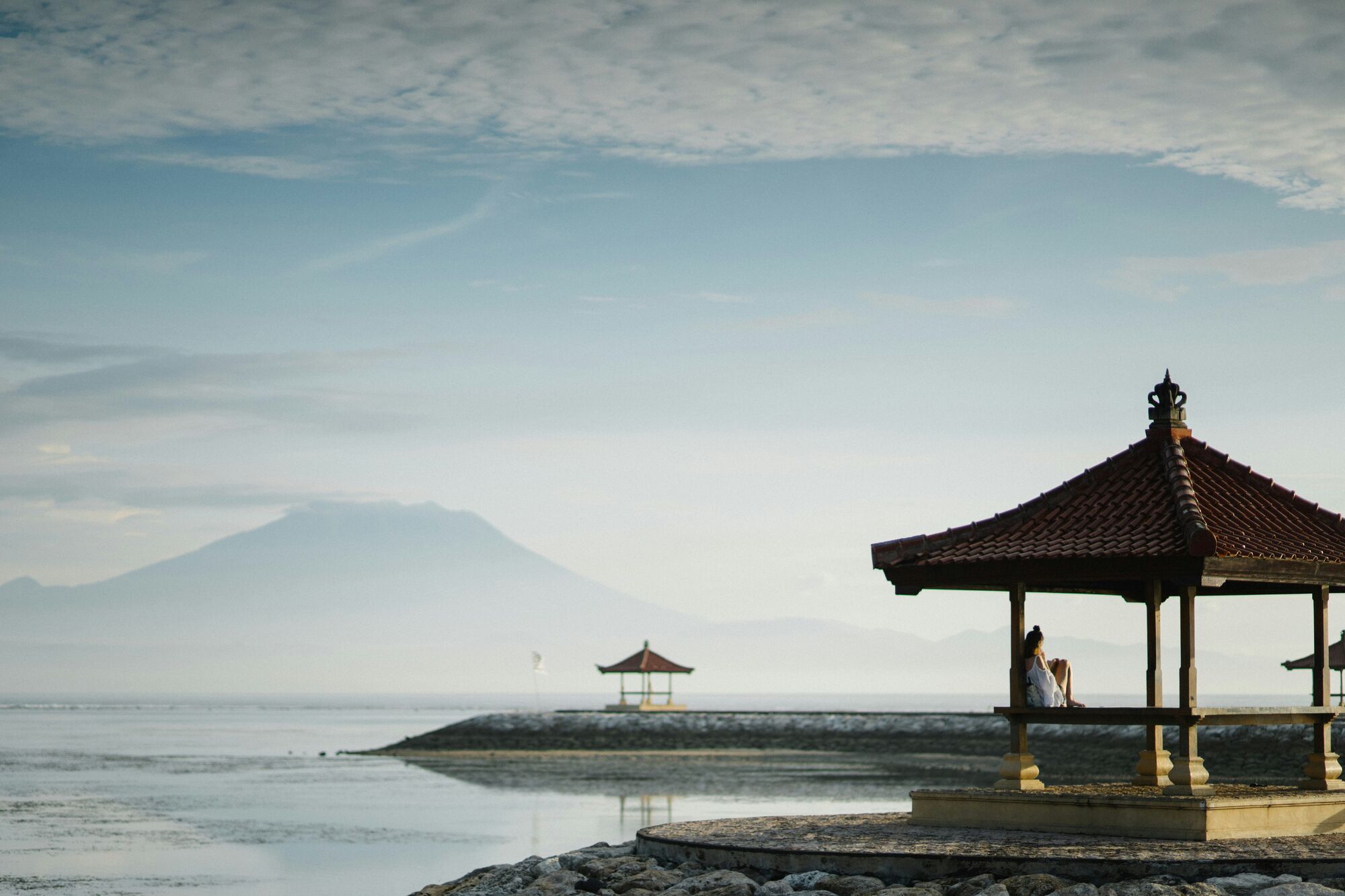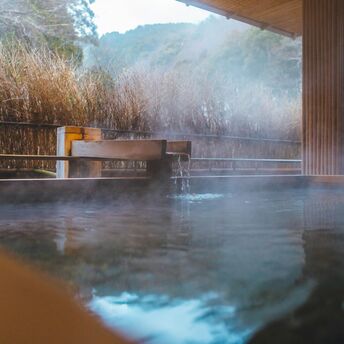Discovering the Astungkara Way: A Transformative Hiking Experience in Bali

Bali, a destination celebrated for its pristine beaches, lush landscapes, and vibrant culture, offers travelers more than just its famous tourist hotspots. For those seeking a deeper connection with the island and its people, the Astungkara Way provides a unique opportunity to experience Bali through a sustainable and spiritually enriching lens. This hiking journey, which winds through rural villages, terraced rice fields, and dense forests, invites participants to explore not only the natural beauty of the island but also its rich cultural and environmental heritage.
A Journey Rooted in Sustainability and Spirituality
The Astungkara Way is no ordinary trek. It is a carefully curated journey designed to promote sustainable tourism and environmental stewardship while honoring Bali’s deeply spiritual traditions. Astungkara, a word derived from the Balinese language, roughly translates to "gratitude" or "a blessing from nature." This concept is central to the experience, as the trail encourages hikers to develop a heightened awareness of their surroundings and the interconnectedness of nature, culture, and spirituality.
The hike spans roughly 130 kilometers and can take up to a week to complete, depending on the route chosen. Along the way, participants pass through some of Bali’s most picturesque landscapes, including rice terraces, tropical forests, and coastal regions. But this is not just a physical journey; it is also a spiritual and cultural immersion that invites hikers to slow down and appreciate the essence of Balinese life.
Immersing in Local Culture
One of the defining aspects of the Astungkara Way is the close interaction with local communities. The hike takes travelers off the beaten path and into rural areas where traditional ways of life remain largely untouched by mass tourism. Here, participants have the opportunity to stay in homestays, sharing meals and stories with local families. These interactions offer a rare glimpse into the daily rhythms of Balinese villages, where agriculture, spirituality, and family are deeply intertwined.
The trail is also a lesson in sustainable farming practices. As hikers traverse the rice paddies, they witness the Subak system, an ancient cooperative irrigation method that has sustained Bali’s agriculture for centuries. This system, recognized by UNESCO as a cultural heritage, is rooted in the Balinese philosophy of Tri Hita Karana, which emphasizes harmony between humans, nature, and the spiritual world. Learning about this philosophy firsthand allows travelers to gain a deeper understanding of the environmental challenges faced by the island and the importance of sustainable living.
A Commitment to Regenerative Travel
Unlike traditional tourism, which often leads to environmental degradation, the Astungkara Way promotes regenerative travel. This approach goes beyond minimizing harm and seeks to actively restore and rejuvenate the landscapes and communities visited. As part of the journey, hikers are encouraged to participate in activities that contribute to the conservation of Bali’s ecosystems, such as tree planting, organic farming, and water conservation efforts.
Additionally, the trek organizers work closely with local farmers and environmental groups to ensure that the trail supports, rather than disrupts, the natural environment. By choosing this path, travelers are not just observing Bali’s beauty from a distance—they are directly contributing to its preservation.
A Spiritual Experience Through Nature
For many, the Astungkara Way is more than just an adventure—it is a spiritual journey. The hike is designed to foster mindfulness and reflection, with numerous opportunities for meditation and quiet contemplation. As travelers move through Bali’s diverse ecosystems, they are invited to connect with the island’s spiritual energy, which is deeply embedded in the natural world.

Bali’s Hindu culture places great emphasis on the sacredness of nature, with mountains, rivers, and forests often viewed as the dwelling places of deities. Hikers may come across temples and shrines along the trail, where offerings are made to honor the spirits of the land. These sacred spaces provide moments of pause, encouraging travelers to reflect on their own connection to the environment and the importance of maintaining balance and respect for the natural world.
Preparing for the Astungkara Way
Hiking the Astungkara Way requires both physical preparation and an open mindset. While the trail is accessible to those with moderate hiking experience, the tropical climate and varied terrain can be challenging. Participants should be prepared for long days of walking through diverse landscapes, ranging from flat rice terraces to steep jungle paths. Comfortable, lightweight gear and plenty of hydration are essential for a successful journey.
Moreover, the trek requires a willingness to engage with the local culture in a meaningful way. This means stepping out of the tourist mindset and embracing the slower pace of village life, where relationships with nature and community take precedence over material comforts. Travelers who approach the hike with curiosity and respect will find that it offers a transformative experience unlike any other.



















